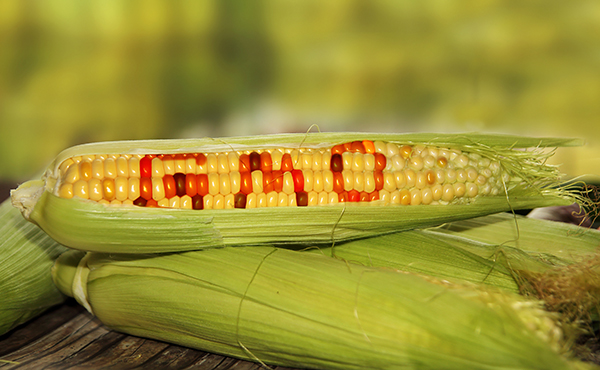
Sulfites are compounds that include sulfur dioxide and sulfite salts, and they act as antioxidants and antibacterial compounds. Sulfites can occur naturally in the winemaking process, or can be added by producers to preserve freshness of wine and enhance flavor in a vintage.
However, the U.S. Department of Agriculture (USDA) said that, "People who have an intolerance to sulfites can experience symptoms including chest tightness, hives, stomach cramps, diarrhea and breathing problems. The underlying mechanisms for sulfite intolerance are not completely understood. For some individuals, though, the sensitivity to sulfites may be an allergic type of response. People with asthma appear to be at an increased risk of having asthma symptoms following exposure to sulfites." (Related: Sulphite preservatives in wine and food can cause significant health issues.)
Because of these concerns, since 1988 wines sold in the U.S. with more than 10 parts per million (ppm) of sulfites must include the phrase "contains sulfites" on the label.
A research drive at the University of Kansas School of Engineering (KU) is currently designing and marketing a "low-cost, easy-to-use device" that can filter at least 99 percent of sulfites from wine poured from a bottle.
Mark Shiflett, Foundation Distinguished Professor of Chemical & Petroleum Engineering, the leader of the investigation, shared, "Our idea is that you’d have a device like an aerator." He continued, "You’d stick it on the top of the bottle — and as you pour a glass through the device, it removes the sulfites. And it would be inexpensive. When you’re at the cash register you’d have these devices for sale. They’d be a dollar or less. You’d buy a handful. With every one sold, KU would get a fee back. It could be like the next Gatorade, the drink developed at the University of Florida."
Shiflett and his researchers add that while some products in the marketplace can allegedly remove sulfites from wine, they're not perfect. They can be expensive, and upon testing, Shiflett’s group has determined that these products don't remove all of the sulfites.
Shiflett hired David Corbin, a colleague from DuPont and a world expert in porous materials called zeolites, to help them select the materials to be tested.
“We are designing a material that would bind to the sulfites selectively,” Shiflett commented. “The other components of the wine, like the sugars and the tannins, won’t be affected. It’s adsorbing based on the idea of going specifically after the sulfites.”
Shiflett said that the adsorbent must remove the sulfites without affecting the quality of the wine, which can complicate the removal of the unwanted preservative. The KU researcher said consumers might consider buying the device if the team designs and builds a sulfite filter that can easily be used on a bottle.
Foods that might contain sulfites
Aside from avoiding wine with a high sulfite content, if you're sensitive to these compounds steer clear of these foods that contain sulfites.
Greater than 100 ppm of sulfites (very high levels, strict avoidance advised in people with sulfite allergy):
- Dried fruits (excluding dark raisins and prunes)
- Bottled lemon juice (non-frozen)
- Bottled lime juice (non-frozen)
- Wine
- Molasses
- Sauerkraut (and its juice)
- Grape juices (white, white sparkling, pink sparkling, red sparkling)
- Pickled cocktail onions
Between 50 and 99.9 ppm of sulfites (moderate to high levels of sulfite, avoidance advised in people with sulfite allergy):
- Dried potatoes
- Wine vinegar
- Gravies/sauces
- Fruit toppings
- Maraschino cherries
You can read more articles about healthier food options at Fresh.news.
Sources include:
Please contact us for more information.























